Hearing Loss: An invisible disability
Hearing loss is one of the most prevalent chronic disabilities worldwide. For the most part, it's also an invisible one. Yet, many people equate hearing aids to glasses, which is not the best comparison. In this article, we'll discuss how to explain your hearing loss to those around you and some analogies you can use to describe your experience. Hearing loss is an invisible disability. Unless people know about your hearing loss, they won't treat you differently from the next guy. But they don't understand the mental load it places on you. Unlike other disabilities that use aids, like glasses, crutches, or a wheelchair, you can't see hearing loss. The assumption is made that if you "look okay," you don't have a disability or need for accommodation. But it can be frustrating for all involved when you don't hear properly, answer incorrectly, or ask others to repeat them regularly. Hearing aids solve one aspect of this problem, but they won't fix everything. For example, if you have trouble hearing in noisy environments, you may still miss things and require extra support. Or the person speaking may not know how important it is for them to speak clearly when they talk to you. This is where good communication and analogies can be helpful. Hearing aids are not like glasses. These two are often compared, but it's important to remember they are not equals. Hearing aids, while exceptional at what they do, are not a cure for hearing loss. Unlike glasses, which, when...

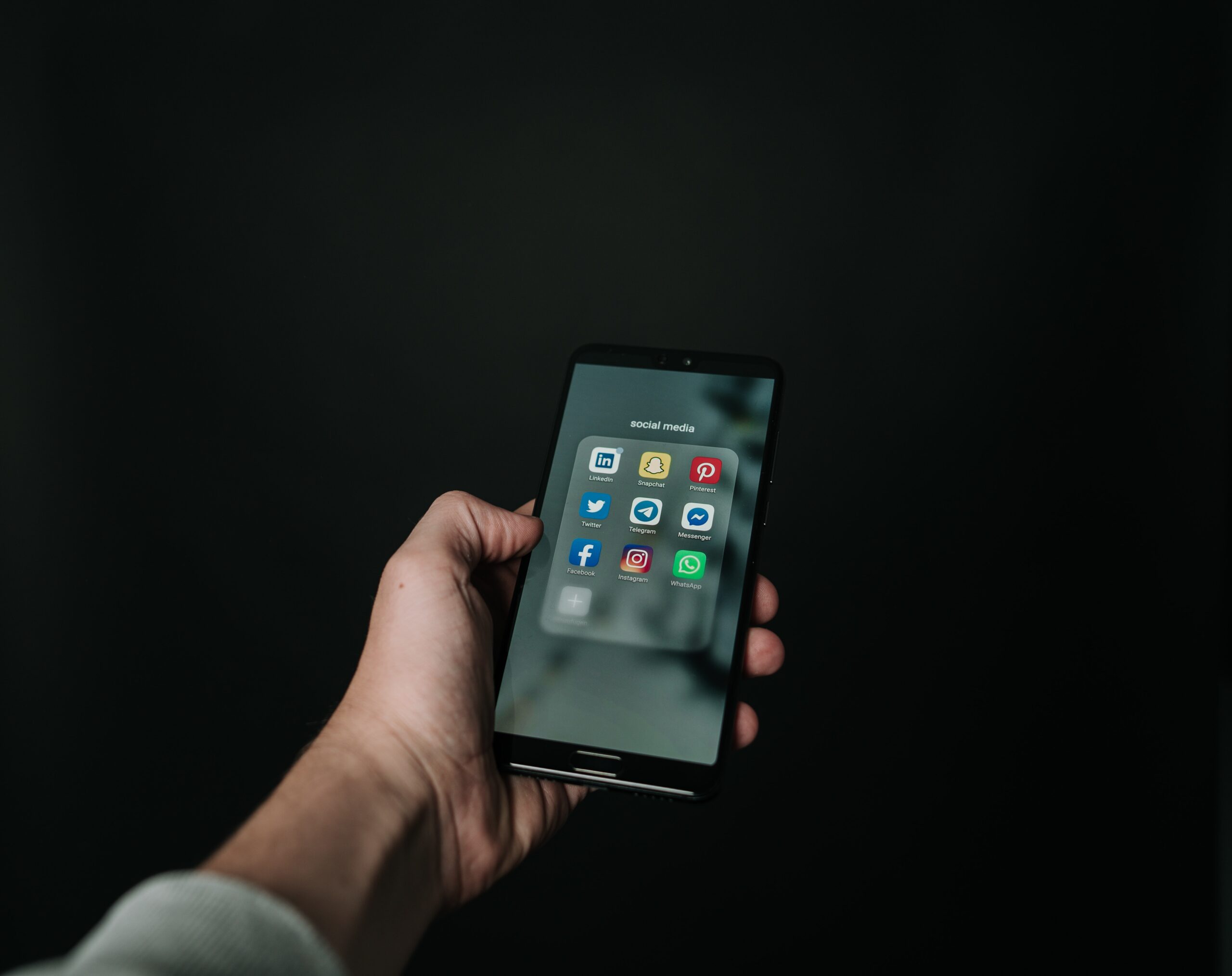
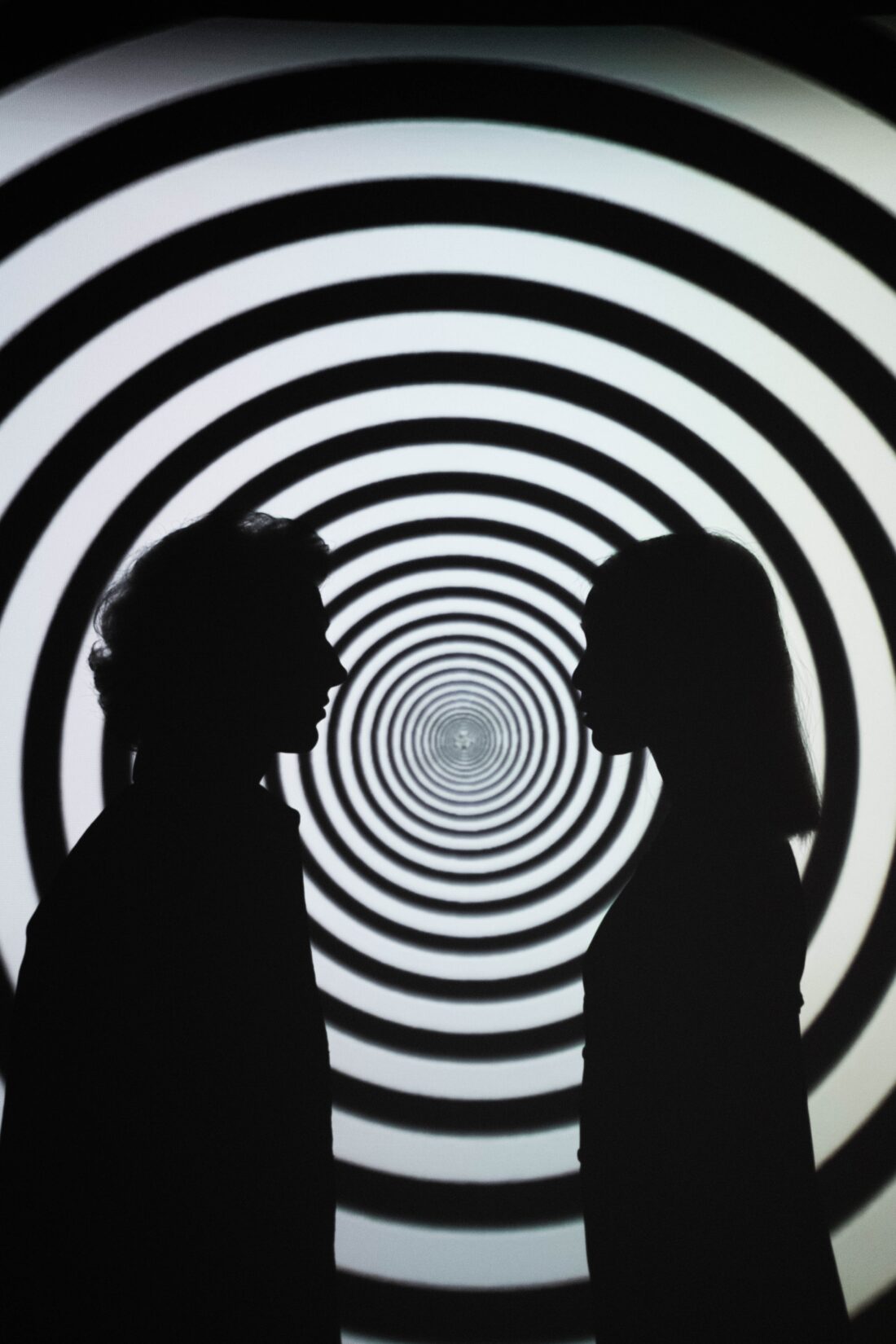



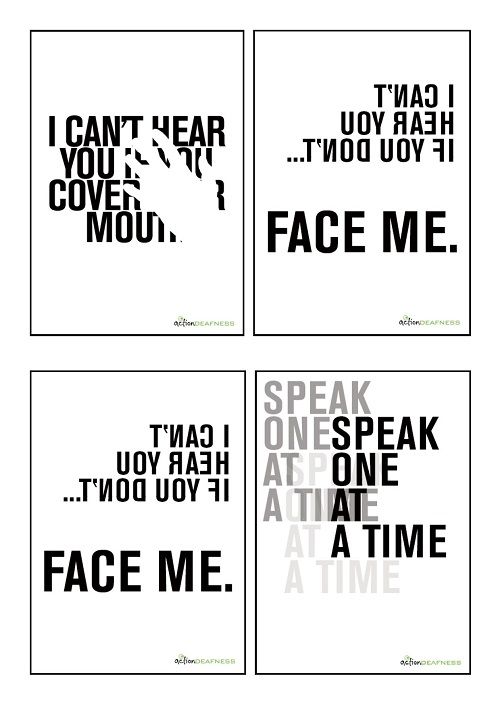

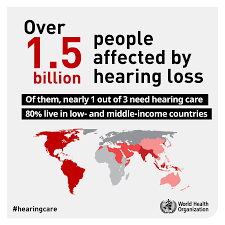
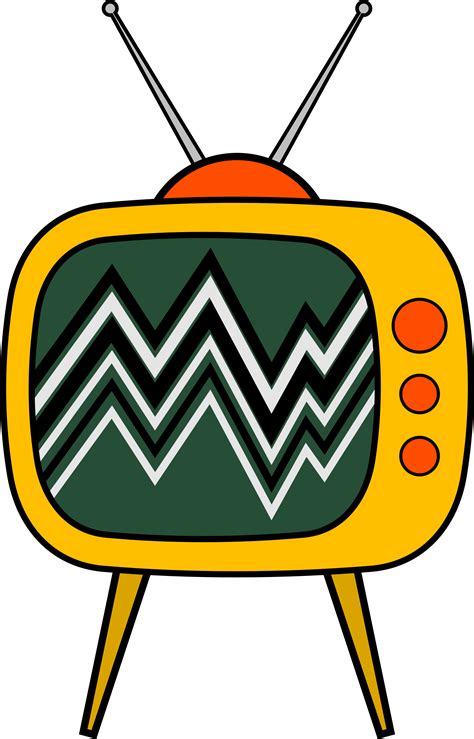
Recent Comments